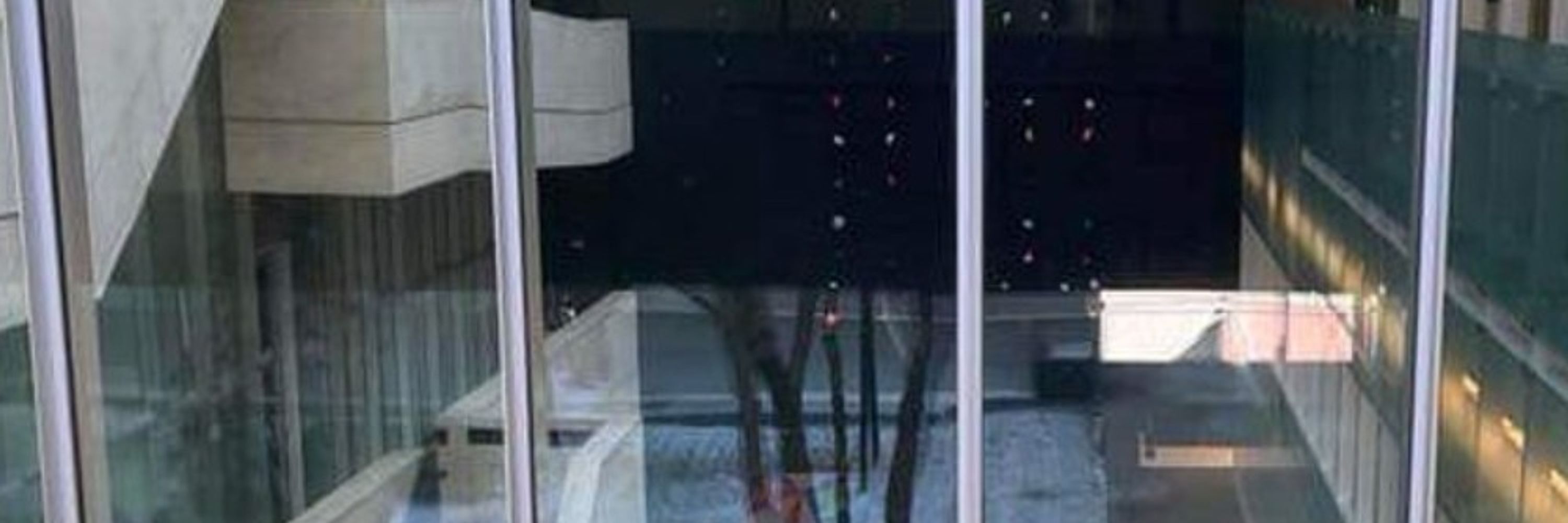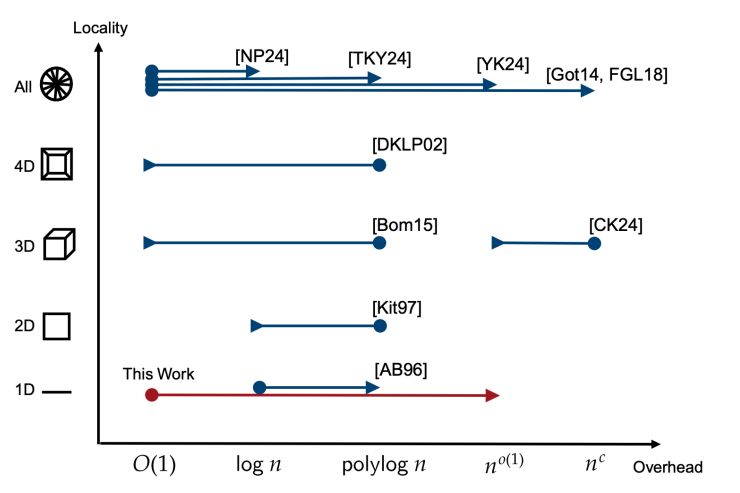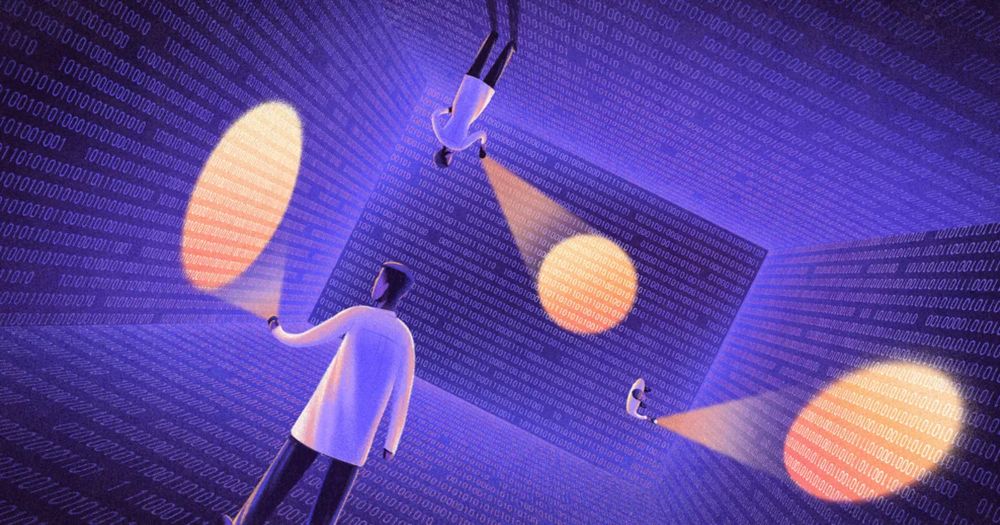


In new work, we show that code surgeries based on hypergraphs, rather than graphs, allow fast and parallel fault-tolerant logical measurements with low qubit overhead (without requiring the code to be single-shot).
arxiv.org/abs/2510.14895

In new work, we show that code surgeries based on hypergraphs, rather than graphs, allow fast and parallel fault-tolerant logical measurements with low qubit overhead (without requiring the code to be single-shot).
arxiv.org/abs/2510.14895


With an acceptance rate of 20%, this is a big accomplishment for each of them!
With an acceptance rate of 20%, this is a big accomplishment for each of them!
They're in a weird regime: below the distillation threshold but over the color code threshold. They see improvements!... But hit a ceiling imposed by their d=3 memory error (because d=5 does worse).

They're in a weird regime: below the distillation threshold but over the color code threshold. They see improvements!... But hit a ceiling imposed by their d=3 memory error (because d=5 does worse).
The color code: arxiv.org/abs/2412.14256
Dynamic surface codes: arxiv.org/abs/2412.14360

The color code: arxiv.org/abs/2412.14256
Dynamic surface codes: arxiv.org/abs/2412.14360

We provide a flexible tool to enable joint measurements between logical operators in arbitrary LDPC codes, and also a variant to implement targeted CNOT gates using Dehn twists.

We provide a flexible tool to enable joint measurements between logical operators in arbitrary LDPC codes, and also a variant to implement targeted CNOT gates using Dehn twists.
www.quantamagazine.org/magical-erro...

www.quantamagazine.org/magical-erro...
uwaterloo.ca/institute-fo...

uwaterloo.ca/institute-fo...



